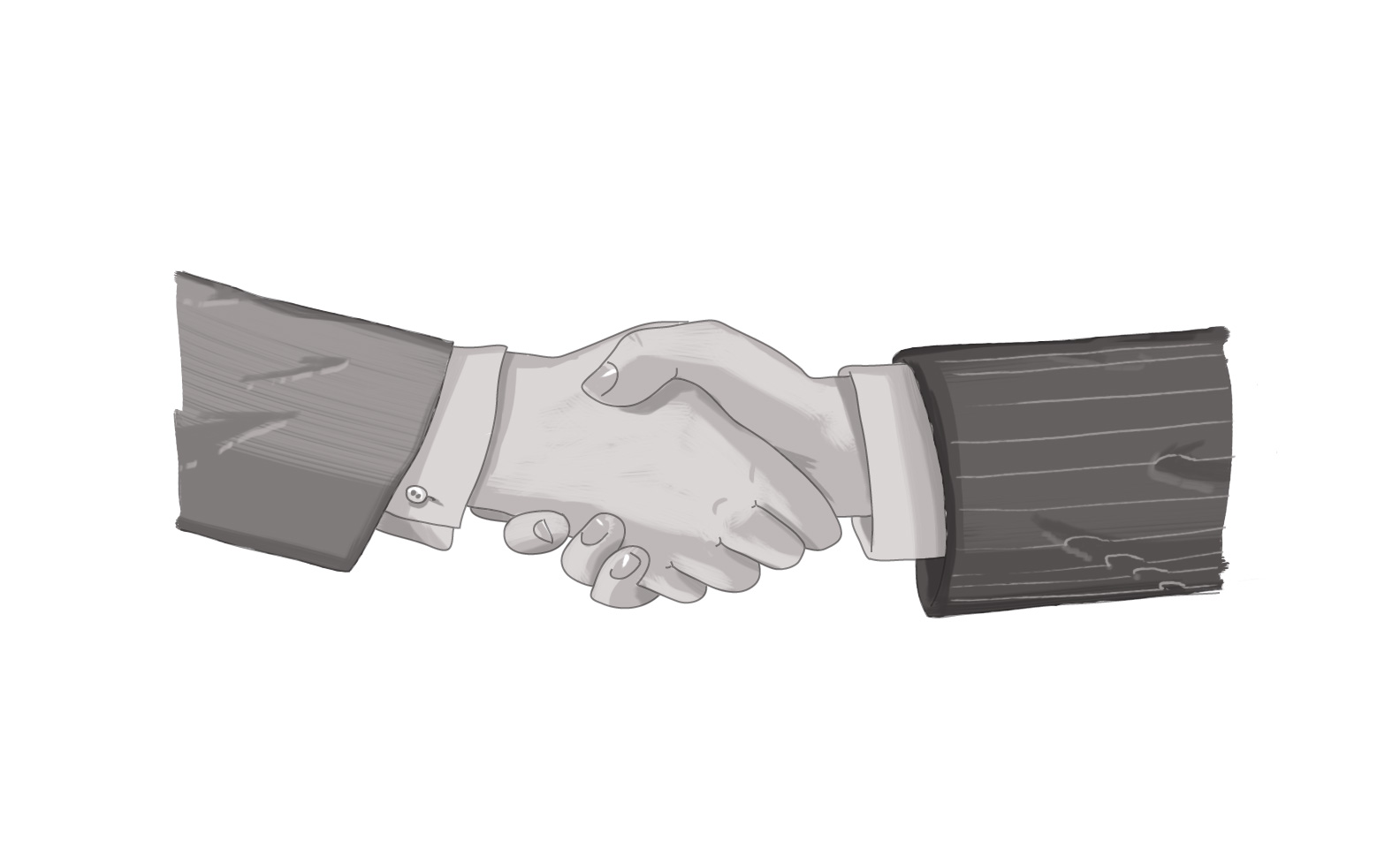Inaccessible Content Can Leave a Lasting - and Negative - Impression on Your Customers

We've all had a less-than-perfect customer service experience: a surly customer service rep on the phone, poor workmanship that a company won't apologize for, or a bungled order in a restaurant. These experiences may cause us to rethink using a company's services again in the future, and will most certainly hurt their reputation if handled badly.
But what about accessibility online? If a company's website or online presence is inaccessible or difficult to use, would this change your mind about giving them your business?
I posed this question to several technology users with disabilities and received several interesting responses:
- A deaf interviewee found he lost interest in sites that presented videos without captioning;
- An interviewee with epilepsy didn't have specific usability concerns and didn't think a site's usability would affect how they viewed that business offline;
- My deaf-blind interviewee wouldn't necessarily stop going to a bricks-and-mortar store if its website was inaccessible to him, but would be more likely to buy a product elsewhere. In the case of a unique product or a company who's particularly interested in customer feedback,he would (and has) suggested accessibility improvements.
- As for myself, it depends on how interested I am in a product or service. I'll only make suggestions if a product is unique or particularly desirable. If I can get the same thing elsewhere though, I won't bother.
A business' inaccessible site changes a user's experience and interaction with that company. Facebook, Microsoft's Outlook Web App or Google's suite of applications, for instance, might have a great many features, but if I am forced to use the "light" versions because the full ones have too many unlabelled clickable elements, I miss out.
I can't rave about an application if most of its distinct features aren't available to me. I am aware that Facebook, Google, and Microsoft are making accessibility improvements, but it's not happening fast enough for their reputation to be unsullied in my mind.
I myself am slightly more forgiving if I've had a positive experience in person first, before realizing a company's site is difficult to use. They're not completely off the hook though. An example would be David's Tea, a company very dear to my heart that has always been incredibly friendly and helpful in person. Their online newsletters, however, are images without text. Its website went through a period of poor usability, though this appears to have been fixed. I still will visit David's Tea, but I'm a bit more reserved in my praise.
On the positive side, the opposite effects are true. A company who goes out of their way to make a user's experience as positive as possible will gain supreme loyalty. David's Tea is an example here too: I wouldn't like them so much if my first impressions in person and online hadn't been good. Chapters is another example: though I'll stick to my independent bookstore for books, Chapters will be my first choice for gifts, as both times I've been in search of something I've had items described to me with fantastic care and attention to detail.
In short, customers with disabilities are still customers, and their view of your company (and their patronage) will affect your bottom line. Especially in the age of social media and ubiquitous online reviews, a solid reputation with all your clients – developed through your ability to meet all their needs - is essential for your business's survival.
SUBSCRIBE TO OUR E-NEWSLETTER
 Subscribe
Subscribe


